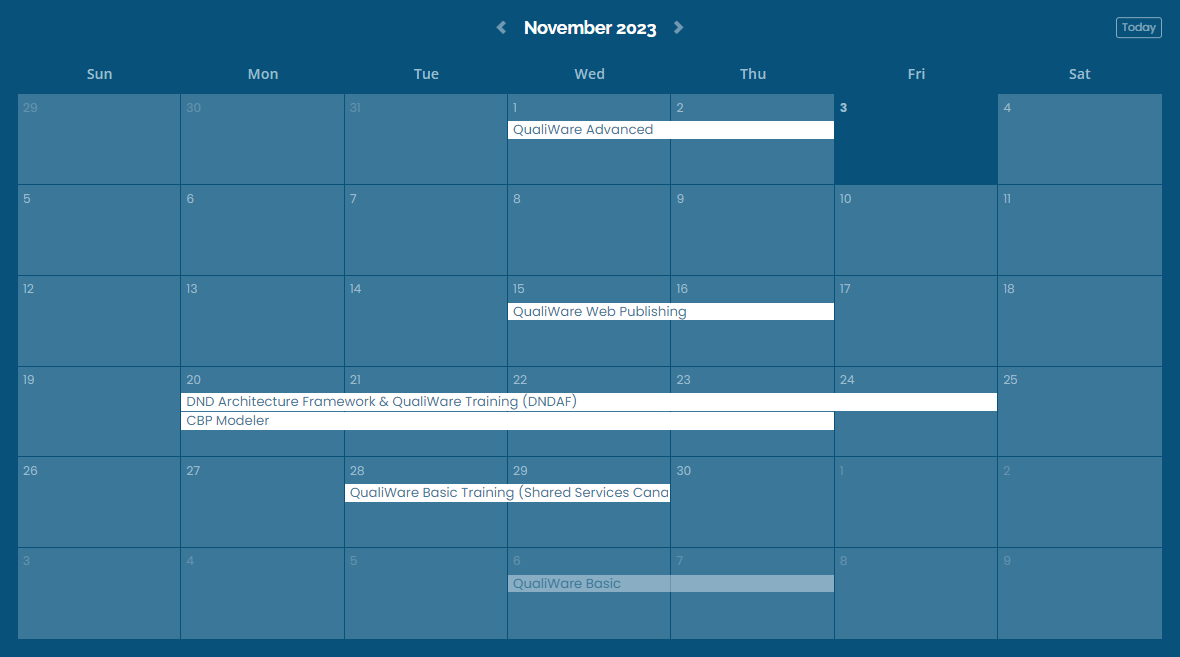Software
Services
Training & Support
How Application Portfolio Management Enhances Employee Productivity and Efficiency
May 26, 2025 3 min read

In today’s digital workplace, organizations rely on a vast array of applications to support daily operations. However, without proper management, an overload of redundant, outdated, or inefficient applications can lead to wasted time, confusion, and unnecessary costs. Application Portfolio Management (APM) helps organizations streamline their IT landscape, ensuring employees have access to the right tools to work effectively. Here’s how APM enhances employee productivity and efficiency, along with real-world examples of its impact.
The Role of APM in Boosting Productivity
APM is a strategic approach to managing an organization’s applications by assessing their value, usage, and alignment with business goals. By optimizing the application landscape, APM reduces complexity, improves collaboration, and enhances overall efficiency.
1. Eliminating Redundant Applications
Many organizations accumulate multiple applications that serve the same purpose, leading to confusion and inefficiencies. Whether by M&A activity or lack of governance or organic growth we often see many applications in an environment that creates a lot of complexity and overspend. APM identifies and removes duplicate applications, ensuring employees have a clear and standardized toolset.
Example: A financial services firm used APM to consolidate multiple project management tools into a single platform. This reduction eliminated the need for employees to switch between applications, saving hours of work each week, reducing spend and reducing miscommunication.
2. Enhancing System Integration and Collaboration
Disconnected applications create silos that hinder communication and collaboration. APM helps integrate key applications, ensuring seamless data flow and reducing the need for manual data entry.
Example: A healthcare provider leveraged APM to integrate its electronic health record (EHR) system with scheduling and billing applications. This streamlined workflows for doctors and administrative staff, reducing errors and saving significant time on administrative tasks.
3. Improving User Experience and Reducing Training Time
Complex or outdated applications often require extensive training, slowing down onboarding and daily operations. APM ensures that applications are user-friendly, up-to-date, and aligned with employee needs.
Example: A global manufacturing company replaced outdated HR software with a modern, intuitive platform identified through APM. This reduced training time for new hires and improved employee self-service capabilities, leading to fewer HR support requests and increased efficiency.
4. Optimizing Software Costs and Licenses
Unused or underutilized applications contribute to unnecessary licensing costs. APM identifies applications that can be retired or optimized, freeing up budget for more critical tools. Organizations that undergo an APM initiative often see savings of 15-40%.
Example: An enterprise IT firm used APM to track software usage across departments. By eliminating unused licenses and renegotiating contracts, the company reduced software costs by 20% while ensuring employees had access to the best tools for their roles.
5. Enhancing Security and Compliance
Outdated or unauthorized applications pose security risks and compliance challenges. APM helps organizations maintain an up-to-date and compliant application environment, reducing vulnerabilities.
Example: A legal firm used APM to identify outdated document management software that posed security risks. By transitioning to a secure, cloud-based platform, they improved data protection and ensured compliance with industry regulations, reducing potential legal risks.
Conclusion
Application Portfolio Management is more than just an IT strategy—it’s a powerful tool for enhancing employee productivity and efficiency. By eliminating redundancies, improving integrations, optimizing costs, enhancing user experience, and strengthening security, APM ensures that employees can work more effectively with the right technology at their fingertips. Organizations that invest in APM will not only improve operational efficiency but also create a more agile and productive workforce.
Are you ready to optimize your application landscape? Talk to our CloseReach team today about how we can help you with your APM initiatives and unlock new levels of efficiency in your organization with our combined approach of services and Qualiware software.
Leave a comment
Comments will be approved before showing up.

